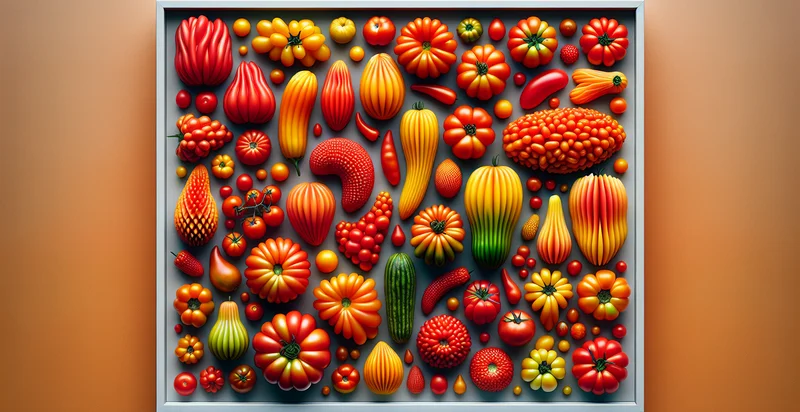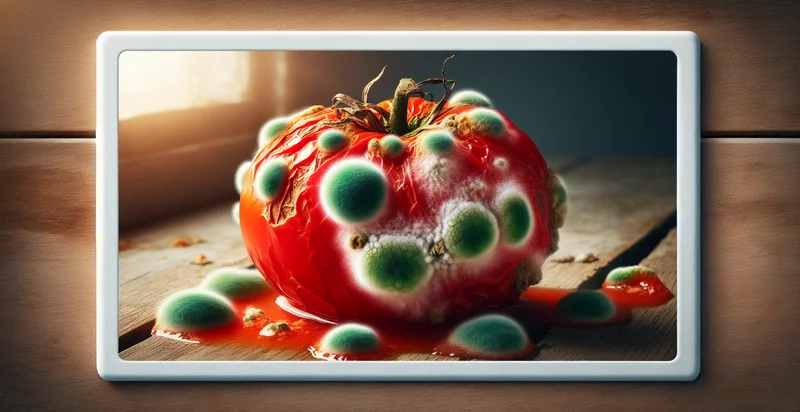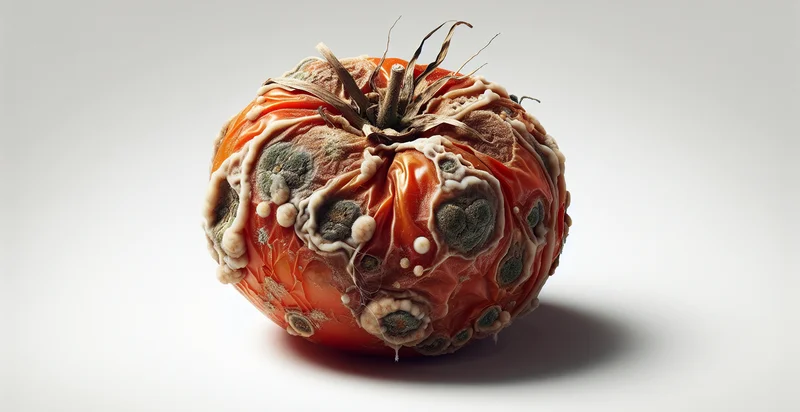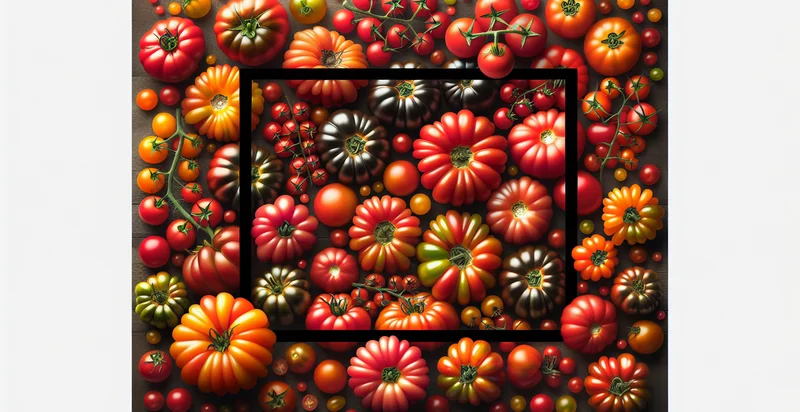Identify tomato shapes
using AI
Below is a free classifier to identify tomato shapes. Just upload your image, and our AI will predict the shape of a tomato - in just seconds.

Contact us for API access
Or, use Nyckel to build highly-accurate custom classifiers in just minutes. No PhD required.
Get started
import nyckel
credentials = nyckel.Credentials("YOUR_CLIENT_ID", "YOUR_CLIENT_SECRET")
nyckel.invoke("tomato-shapes", "your_image_url", credentials)
fetch('https://www.nyckel.com/v1/functions/tomato-shapes/invoke', {
method: 'POST',
headers: {
'Authorization': 'Bearer ' + 'YOUR_BEARER_TOKEN',
'Content-Type': 'application/json',
},
body: JSON.stringify(
{"data": "your_image_url"}
)
})
.then(response => response.json())
.then(data => console.log(data));
curl -X POST \
-H "Content-Type: application/json" \
-H "Authorization: Bearer YOUR_BEARER_TOKEN" \
-d '{"data": "your_image_url"}' \
https://www.nyckel.com/v1/functions/tomato-shapes/invoke
How this classifier works
To start, upload your image. Our AI tool will then predict the shape of a tomato.
This pretrained image model uses a Nyckel-created dataset and has 20 labels, including Roma, Beefsteak, Black, Campari, Cherry, Cocktail, Grape, Green, Green Zebra and Heirloom.
We'll also show a confidence score (the higher the number, the more confident the AI model is around the shape of a tomato).
Whether you're just curious or building tomato shapes detection into your application, we hope our classifier proves helpful.
Related Classifiers
Need to identify tomato shapes at scale?
Get API or Zapier access to this classifier for free. It's perfect for:
- Quality Control in Agriculture: The tomato shapes identifier can be integrated into quality control processes at agricultural facilities. By automatically classifying tomatoes based on their shapes, farmers and distributors can ensure that only the best products reach the market, reducing waste and improving customer satisfaction.
- Supply Chain Management: Retailers can utilize the tomato shapes identifier to streamline inventory management. By analyzing shape data, they can forecast demand more accurately and optimize stock levels, ensuring that the right types of tomatoes are available for consumers at all times.
- Recipe Application Development: This function can assist app developers in creating recipe applications that tailor suggestions based on tomato shapes. By identifying specific shapes, the app could recommend recipes that best utilize those types of tomatoes, improving user experience and engagement.
- Agricultural Research: Researchers can use the tomato shapes identifier in studies focusing on plant genetics and crop development. By classifying and cataloging different tomato shapes, scientists can better understand the evolution and breeding potential of tomato varieties.
- Food Safety Compliance: Food production companies can implement the tomato shapes identifier as part of their compliance protocols. By accurately identifying tomato shapes, they can ensure that their products meet safety regulations regarding quality and presentation before they reach consumers.
- Marketing and Branding: Companies can leverage the insights gained from shape classification to create targeted marketing strategies. By understanding consumer preferences for certain tomato shapes, brands can tailor their messaging and promotional activities to highlight specific product lines.
- Educational Tools in Horticulture: Educational institutions can employ the tomato shapes identifier in horticulture programs. This tool can help students learn about plant morphology and the importance of shape in classification, providing hands-on experience with data analysis and agricultural technology.


